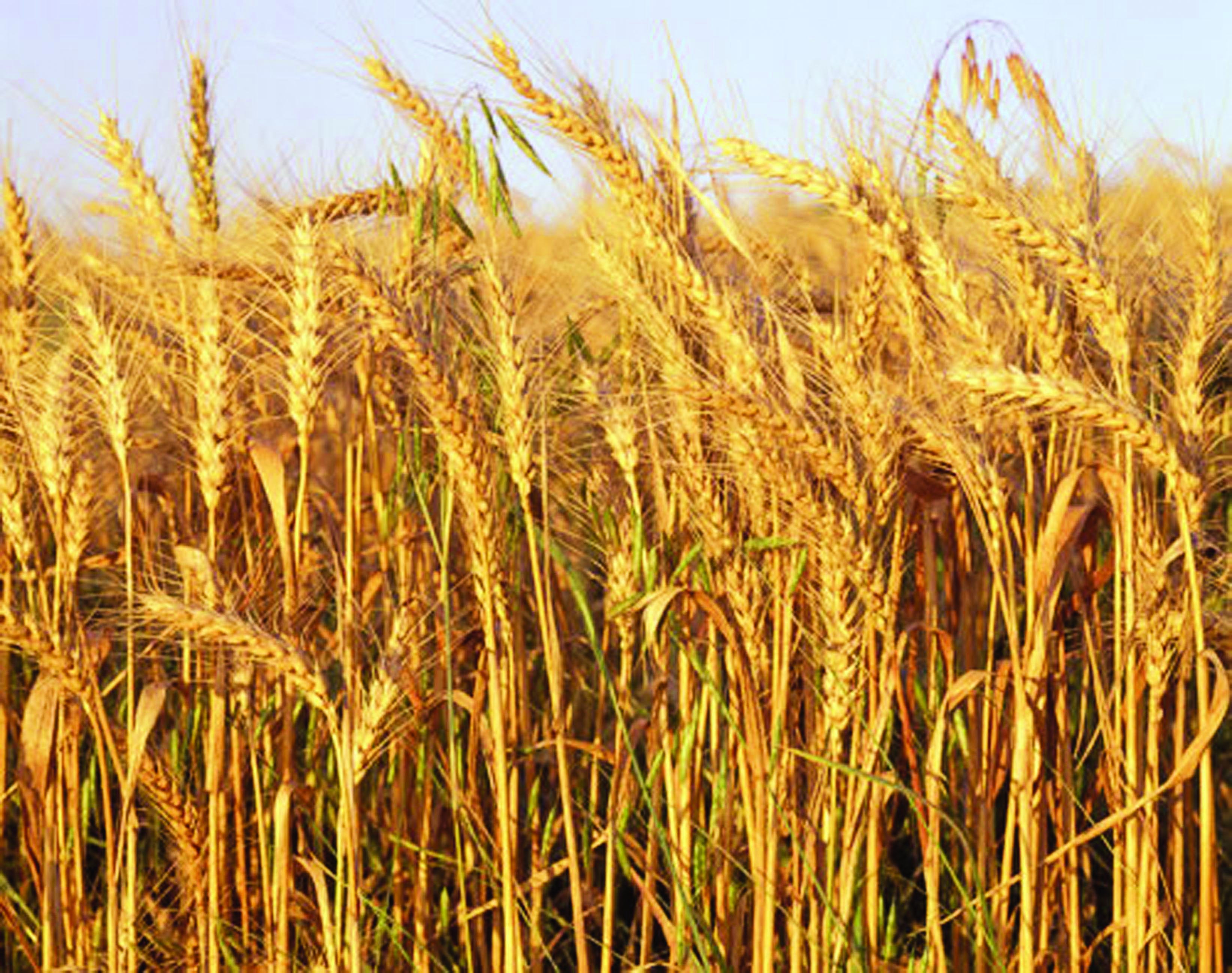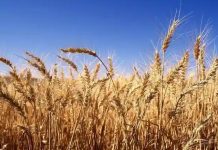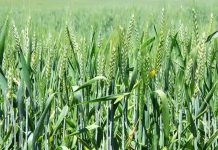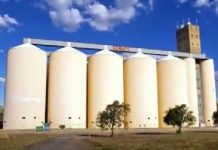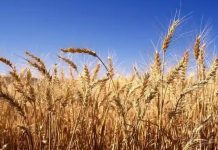The harvesting of winter wheat in the Midlands province is under serious threat amid indications that the province only has two functional combine harvesters.
It never rains but pours for farmers in Midlands Province who experienced a late planting season for winter wheat due to lack of combine harvesters to reap the 2018-2019 summer crop.
The province is again in a catch 22 situation as reports indicate that more machinery has broken down leaving only two combine harvesters to cover the whole province.
With very few farmers engaging in winter wheat farming due to the challenges, those who planted the crop only managed 11 000 hectares, just above half of the 20 000 hectares targeted by the province.
Midlands Provincial Crop and Livestock Officer, Mrs Medline Magwenzi confirmed the obtaining scenario saying government has put in place plans to avert a crisis.
“We are now intensifying preparations to harvest. We are well aware that combine harvesters are a problem, but we will borrow from other provinces that would have harvested before us. We are optimistic that most of our wheat would have been moved off the fields come rains. We normally get about 8 tonnes per hectare but given all these challenges, we are talking of between 3 and 5 tonnes per hectare,” said Mrs Magwenzi.
On the upcoming summer cropping season, Mrs Magwenzi urged farmers to plant early as the country is expected to receive normal to below normal rainfall, adding that small grains which are drought resistant are farmers’ best bet.
“The forecast is saying that between December and January, rains will be normal, but they will be below normal from February onwards. We need more rain in December and January so that by the time the rains will be below normal, crops will be at ripening stage and not much of rains will be required,” she said.
Weather experts are predicting yet another El Nino induced drought in the 2019-2020 summer cropping season due to the effects of climate change, with several arms of government and development partners on the ground to educate farmers to put in place mitigatory measures to ensure food security.

